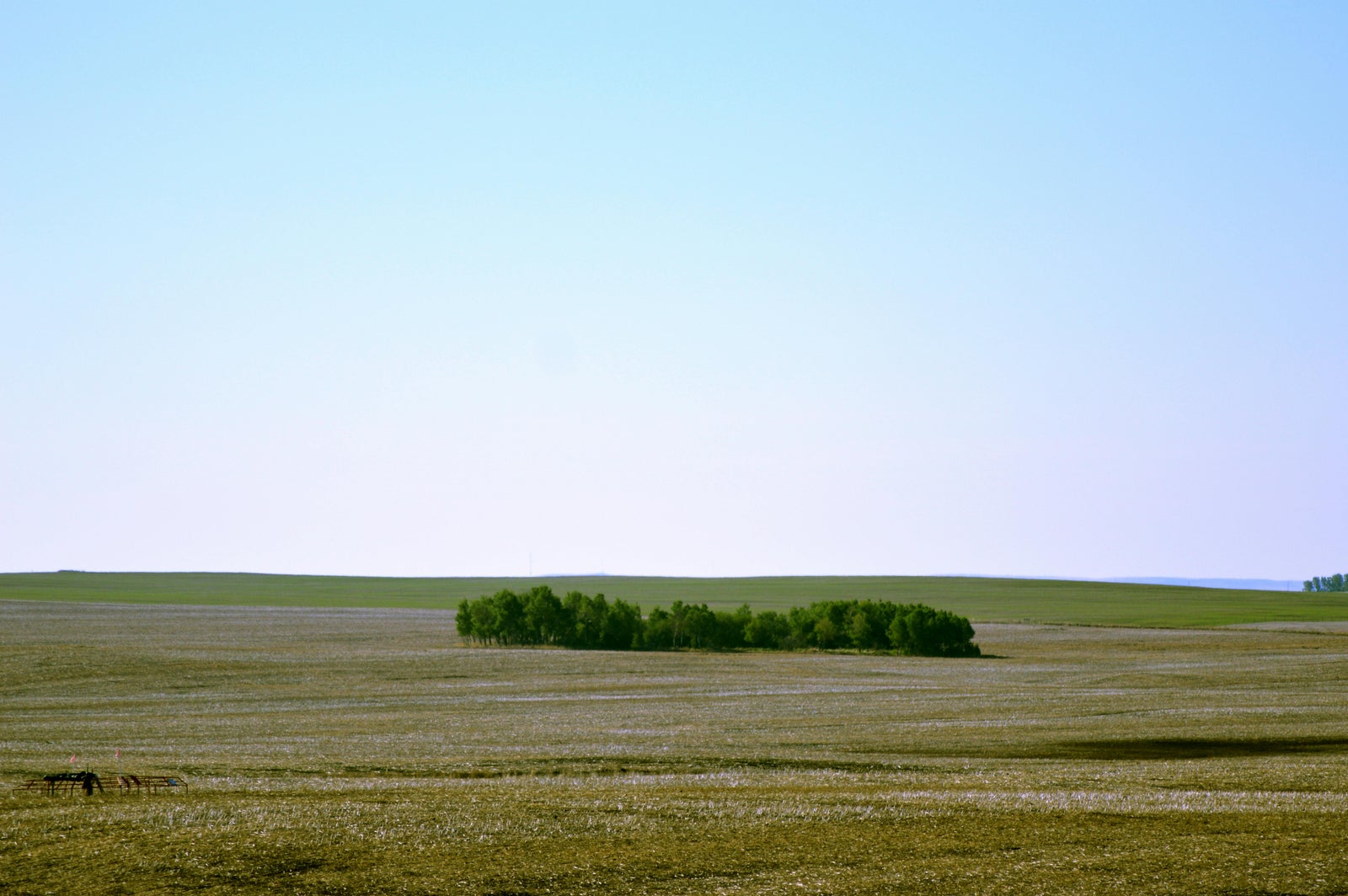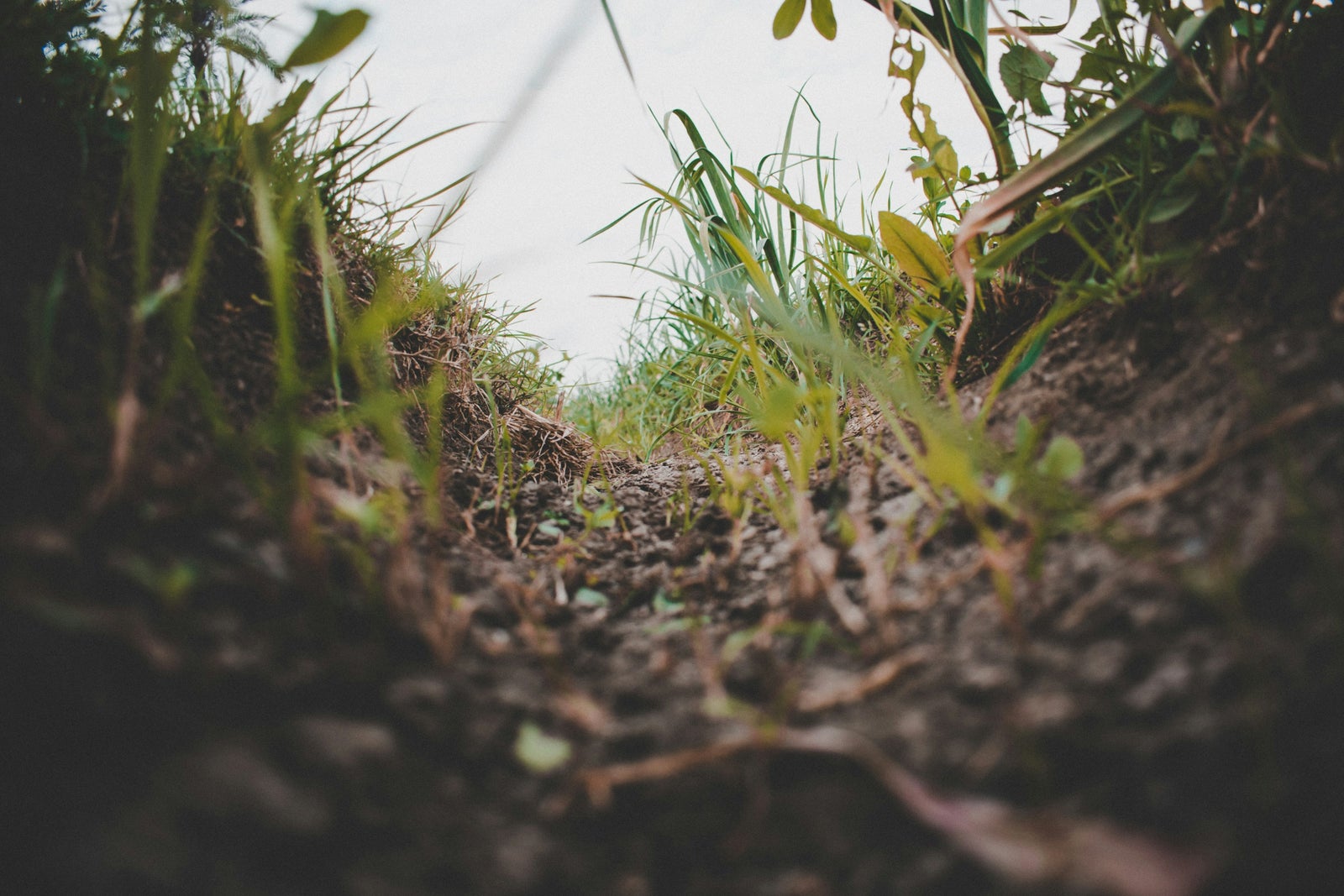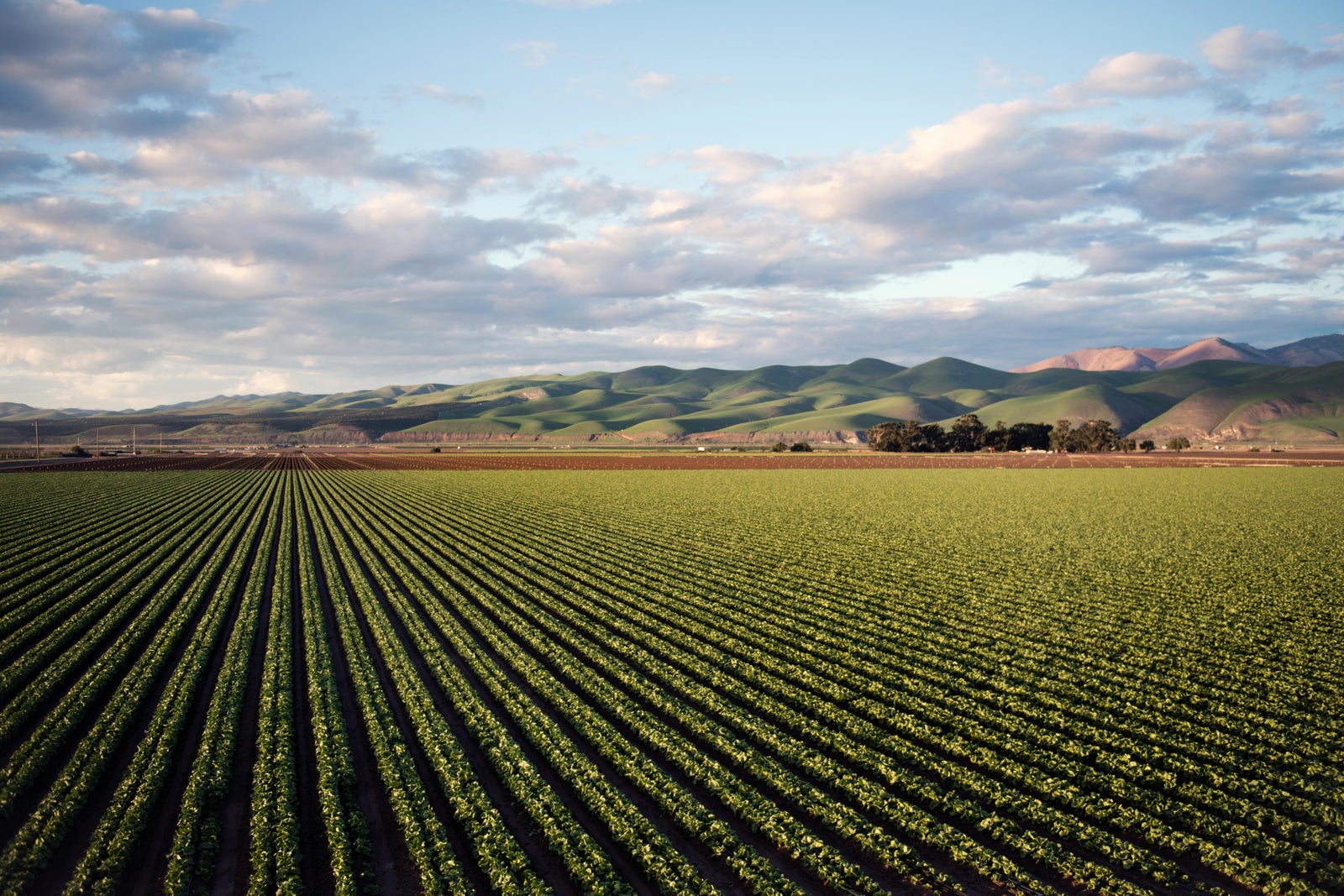
There are plenty of opportunities to buy and develop vacant land all across Canada, especially in less populated areas. Canada may be a huge country by land mass, but land is still ultimately a finite resource and is therefore very valuable.
Vacant land comes with its own unique set of opportunities, but also its own set of challenges. What are the most important things you need to know?
Types of Land
There are two types of land:
- Vacant land: Vacant land is land that has been developed in the past and may even have vacant buildings. This type of land could already have some utilities set up like water or septic.
- Raw land: Raw land is land that has never been developed before and has no utilities or infrastructure. For this reason, raw land is typically cheaper than vacant land.
Why Buy Vacant Land?
Vacant land is excellent for:
- Those who want to build their dream home from scratch
- Builders who want to develop the land
- Investors who are willing to hold on to the land long-term
- Hobby farmers who want to use the land for agricultural purposes
- Outdoor enthusiasts
One of the best things about vacant land is the fact that you get to choose how you develop it. Buyers who are looking for complete freedom may find their answer in vacant land.
What to Do Before You Buy
Before purchasing a lot of land, there’s due-diligence that needs to be done.

Consider your plans for the land
Are you looking to build a home or cottage on your land? Or are you planning to develop the land into a commercial venture? Consider the lot’s location and local amenities before you buy.
Conduct a survey or review a past survey
A land survey is absolutely critical for those purchasing land. It will show you the property’s legal boundaries and easements. If there is no recent survey, then you will have to conduct a new survey under your name.
Conduct a Topographical Study
A topographical study can assist future builders, architects, and engineers. They can assess the study to determine what materials will be best when building on the land.

Perform a Soil Test
Passing a soil test is mandatory if you plan to build on the land. Soil tests will tell you a lot about the land, including if the soil can absorb water, if it can withstand being built on, if a septic system is required, and if there is a gas line passing through the property.
Note that you can’t perform a soil test before purchasing the land, but you can make the deal contingent upon the land passing a soil test.
Confirm the Zoning
If you want to build a home or cottage on the land, then you’ll want to ensure the zoning allows for residential properties. Conversely, if you’re planning on a commercial endeavour, you’ll want to confirm the zoning allows for whatever type of business you plan to build.
It is possible to change the zoning, but this will require planning with your city.
Request a List of Restrictions
Restrictions on the land will determine things such as how high you can build, fencing permissions, number of vehicles allowed on the lot, etc. It’s important that the restrictions won’t prevent you from building or using the land as planned.
Consider Development Costs
If you plan on building on the land, then the cost of the land itself is just the beginning. You’ll need to consider the future costs of developing the land as well as building costs.
One of the main things you’ll need to consider is utilities. If the land isn’t close to power lines and a water main then gaining access to utilities may be costly.
- Water wells: If the land you’re buying has a water well, then you’ll want to conduct a water quality and flow rate test. Like soil tests, these cannot be performed without purchasing the land, so include passing a well test clause in your agreement of purchase and sale.
- Septic: Installing a septic system will have to be done if the land isn’t able to be connected to municipal sewers. Your soil test will help determine if this is possible.

Financing
There are a few different options available to you when it comes to financing land.
- Land mortgage: A land mortgage is very similar to a residential mortgage, but a land mortgage requires a bigger down payment and has higher interest rates.
- Construction mortgage: This type of mortgage provides short-term financing for purchasing land and building on it. Typically, you’ll make interest-only or no payments during construction based on the loan balance. Repayment will usually begin around 6 to 12 months after receiving the loan.
- Agricultural loan: If the land will be used for agricultural purposes, then you can apply for an agricultural loan. An example of an agricultural loan is The Canadian Agricultural Loans Act (CALA) Program offered by the federal government.
Source 1, Source 2
